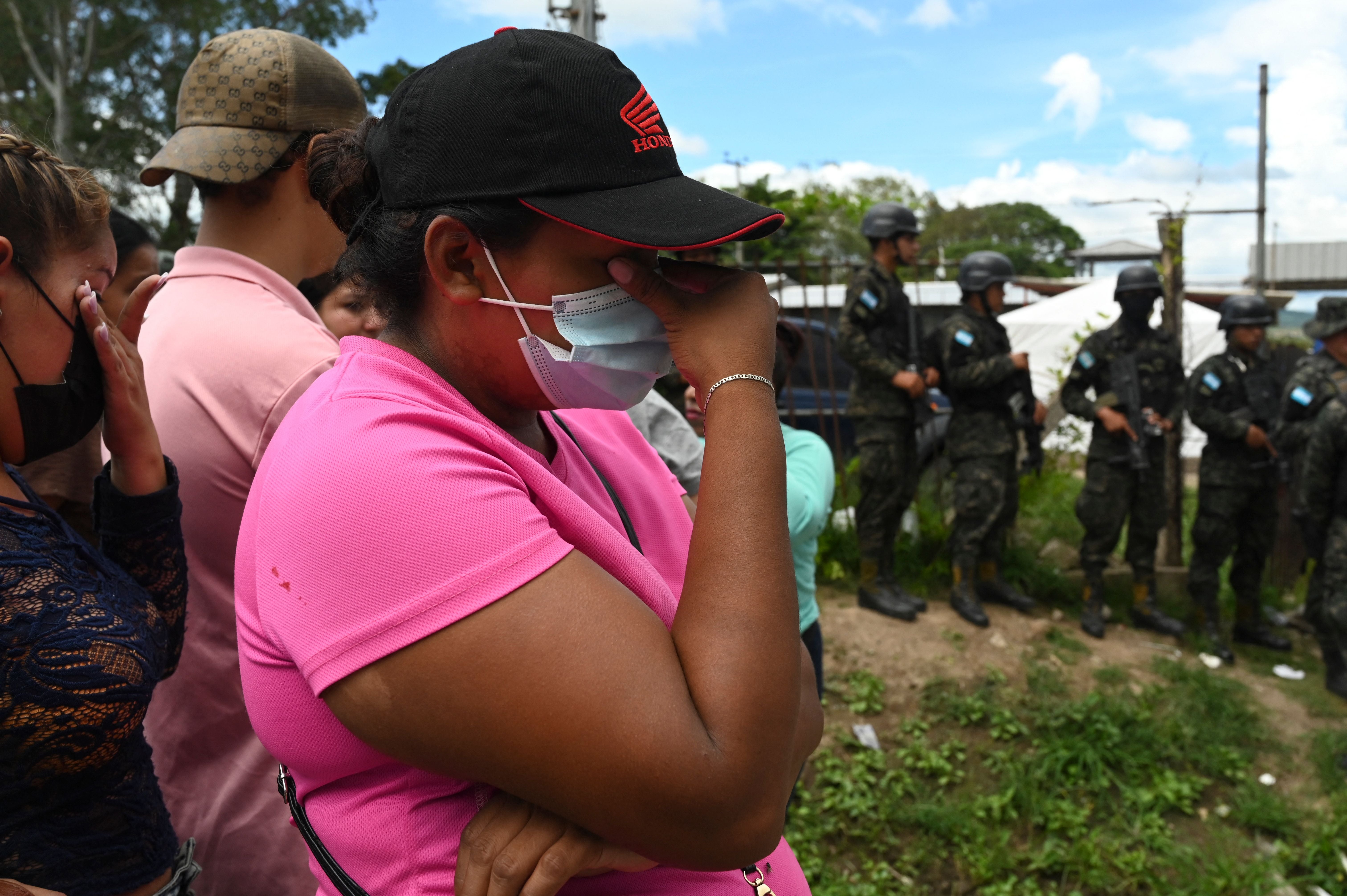
At least 41 people are dead following a riot at a women’s prison on Tuesday in Honduras, police say. At least seven more women are reportedly being treated for injuries suffered during the riot.
Yuri Mora, a spokesperson for Hondruas’ national police investigative agency, said the riot took place at the prison in the town of Tamara, roughly 30 miles outside of the capital Tegucigalpa. Officials have said that the violence was the result of a clash between the rival Barrio 18 and Mara Salvatrucha (MS-13) gangs.
Police said that a number of the victims of the riot were burned to death, while others were reportedly shot. The people injured in the attack were reportedly taken to a hospital in Tegucigalpa.
Agence France-Presse reported that Delma Ordonez, a lawyer representing family members of the inmates, said that members of a gang entered a part of the prison occupied by a rival gang and set it on fire.
Xiomara Castro, the Honduran president, wrote in a tweet the riot was “planned by maras with the knowledge and acquiescence of security authorities” and wrote on her social media pages that she was planning to take “drastic measures” in the aftermath of the riot.
Julissa Villanueva, head of the Honduran prison system, said the attack inside the prison was a response to measures the government has taken against organised criminal activity.
“We will not back down,” Ms Villanueva told the nation in a televised address following the riot.
The riot, which the Associated Press reported appears to be the deadliest episode of violence inside a women’s prison in Central America since 41 people were killed at a shelter in Guatemala, will likely be seen as a test for Ms Castro — the progressive leader who was elected in 2021.

Honduras has dealt with elevated levels of violence in prisons in the past, but this episode comes at a time when the president of neighbouring El Salvador Nayib Bukele has instituted a state of emergency to suspend some civil liberties and imprison tens of thousands of alleged gang members.
Mr Bukele’s administration has been accused of widespread human rights violations, but polls suggest that he is extremely popular nonetheless for causing a drop in crime.
Ms Castro, whose husband Manuel Zelaya also served as president before he was ousted in a coup d’état in 2009,
“Solidarity with the families,” Ms Castro wrote in her tweet.







